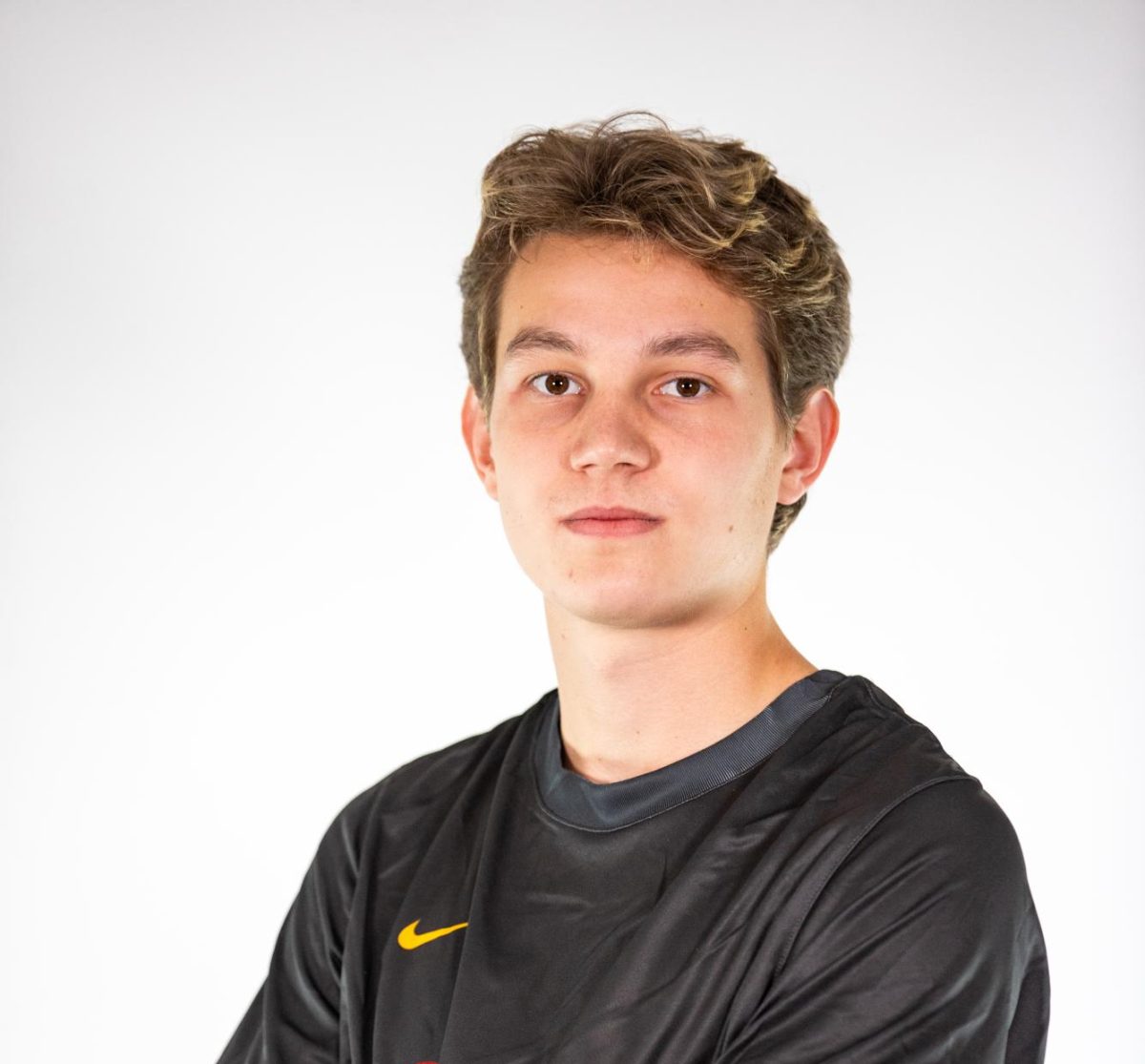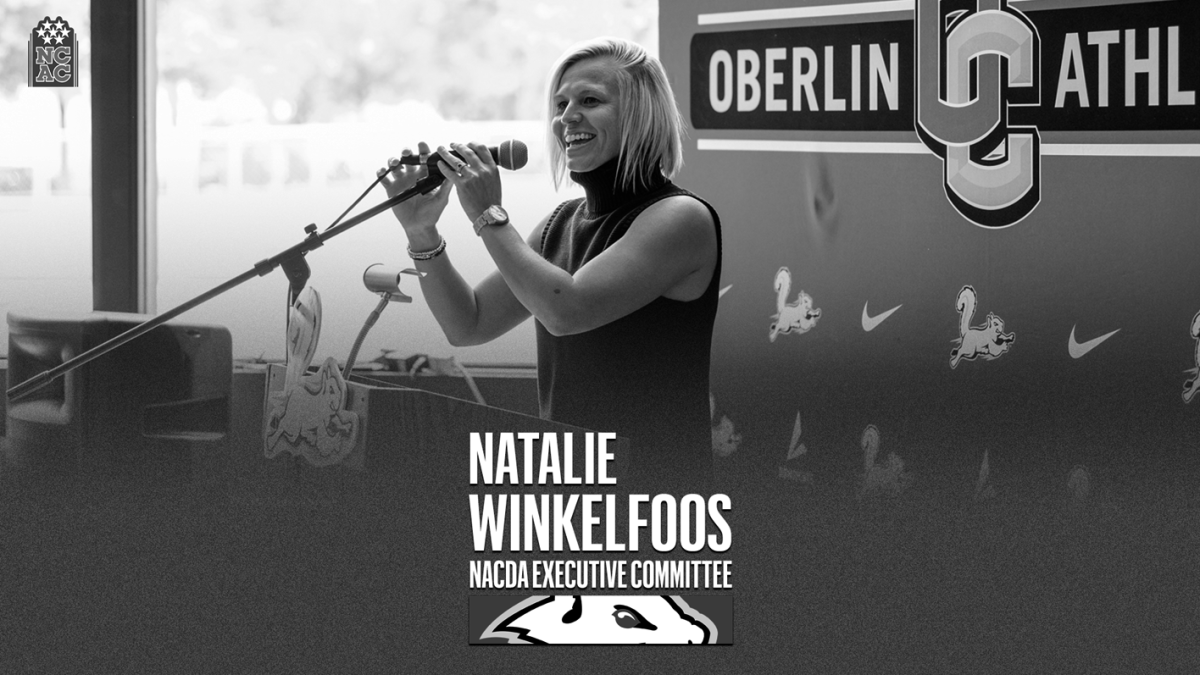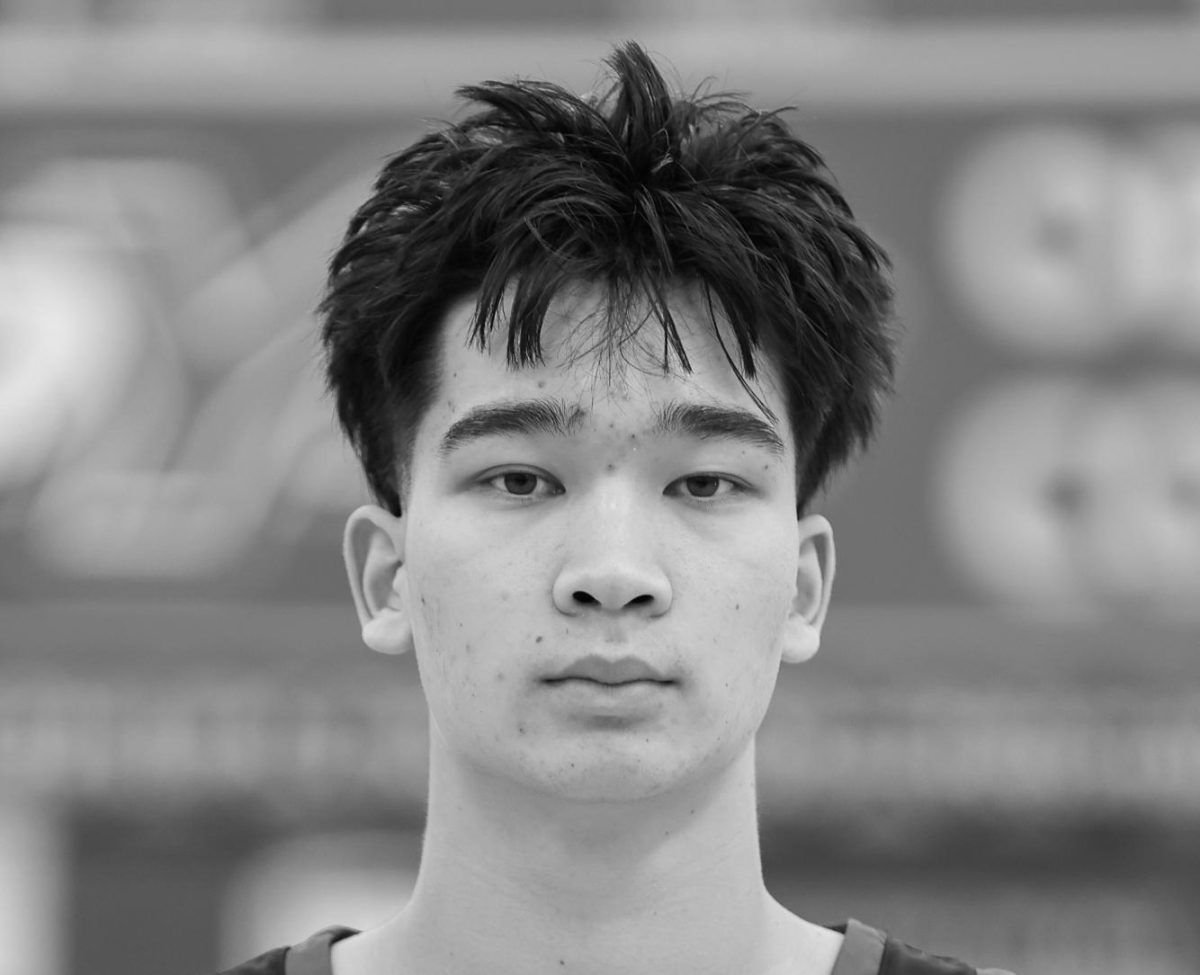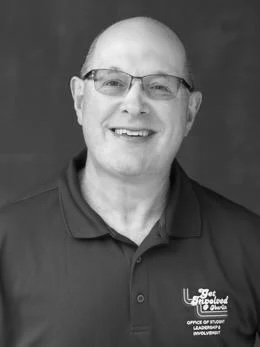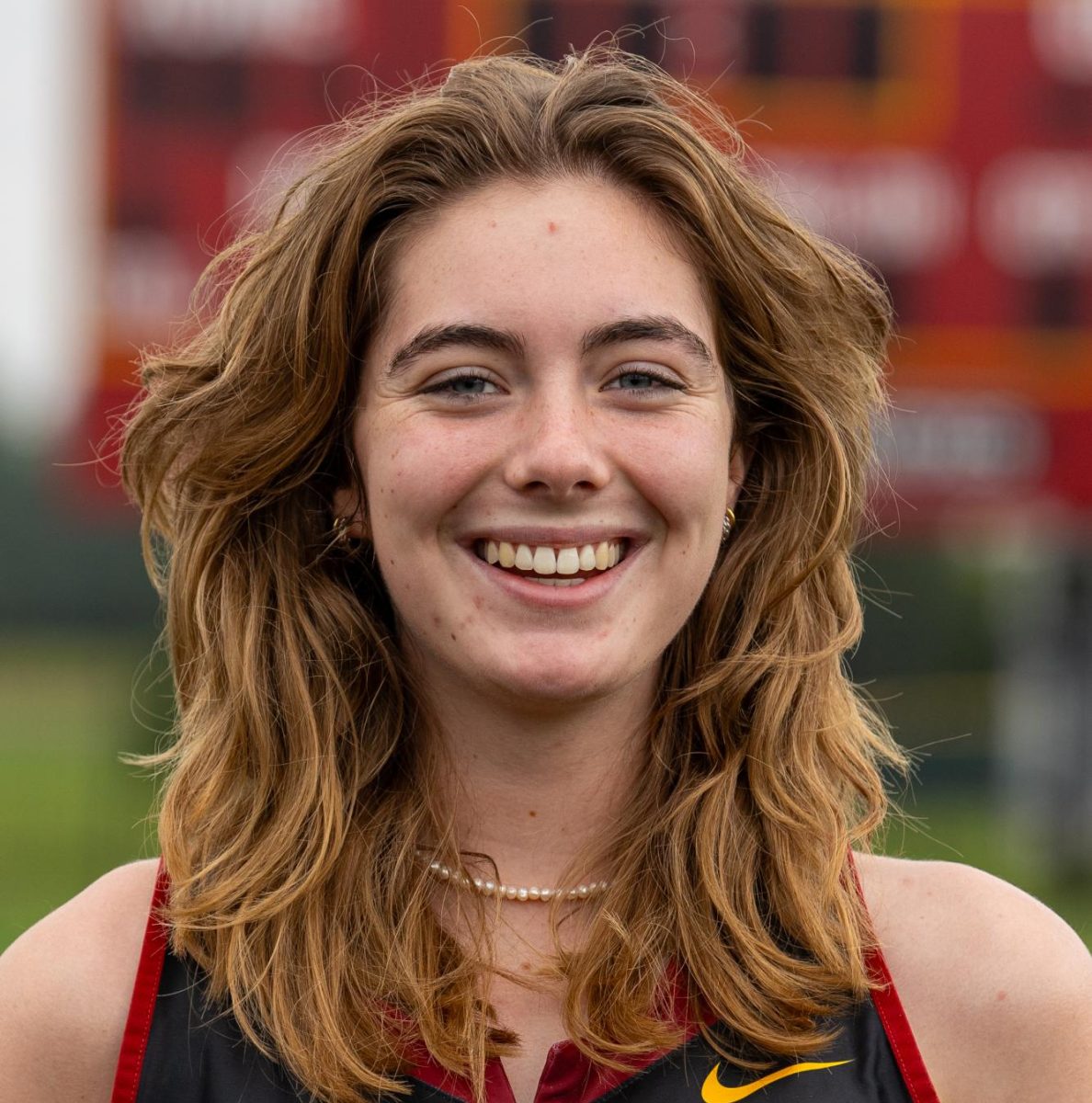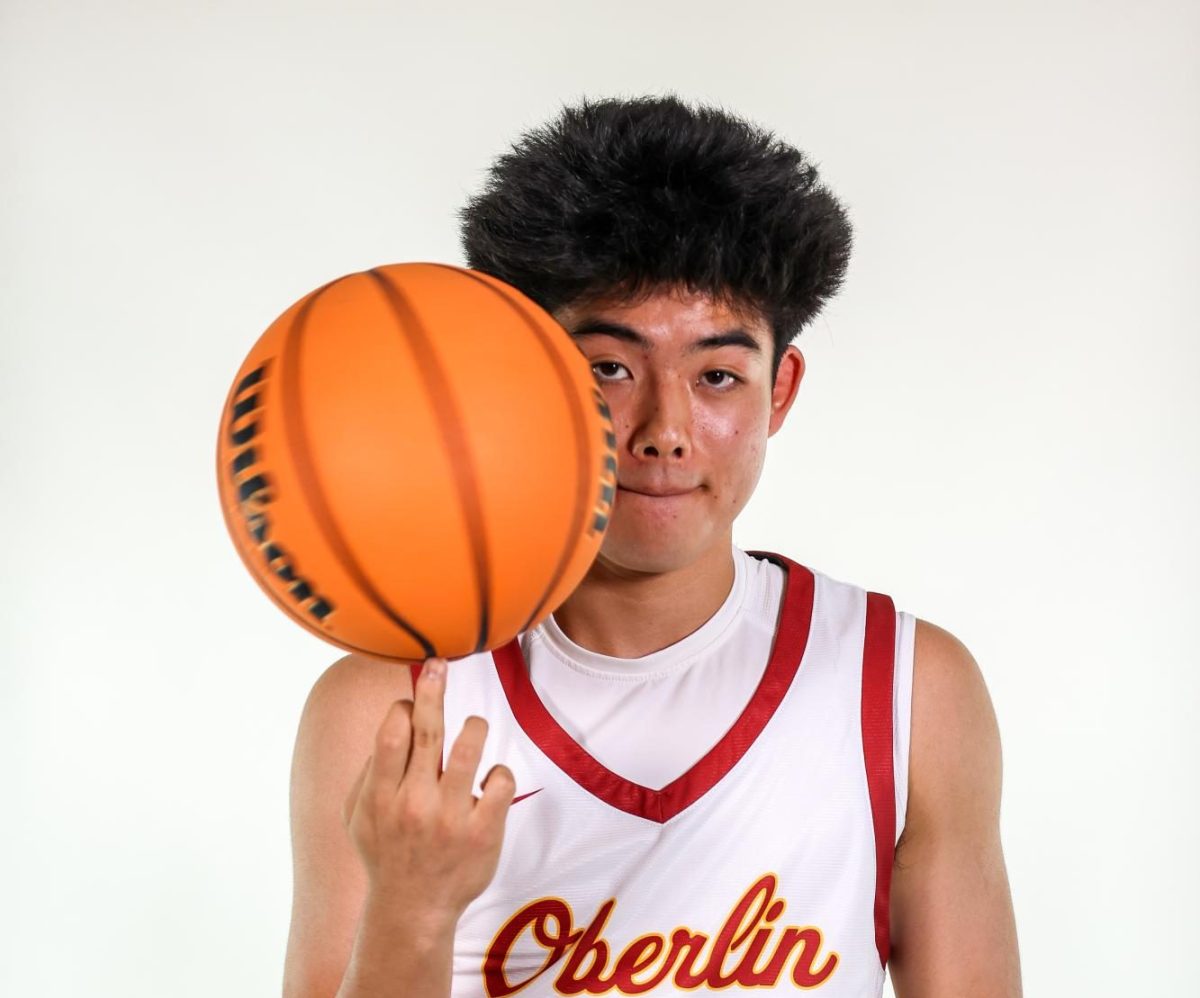Nate Thompson is a third-year Financial Economics major. He is the co-captain of the Oberlin Men’s Soccer Team. He recently partook in the Ashby Business Scholar Program over Winter Term.
This interview was edited for length and clarity.
Tell me a little bit about yourself and what you do at Oberlin.
I’m a third-year; I’m studying Financial Economics with a Mathematics minor and a Business Integrative Concentration. I’m now co-captain of the soccer team and am also a member of the Oberlin Finance Club. I started as an analyst there, went through the hierarchical system they have, and now I’m a portfolio manager. I also recently served on the Student-Athlete Advisory Committee for a time. My role on SAAC has been passed on to the younger parts of the team. I’ve also recently started working in the Oberlin Investment Office.
How are you feeling about being a co-captain?
It’s not a huge jump because of the way our coach does it. He usually has a leadership group within the squad, and I was on that as a first-year. There are definitely some added responsibilities just in terms of trying to manage the team, especially in the offseason when the coach is not involved. We’re trying to put together training and lifting times as well as keeping everyone on their own fitness progress as much as possible.
It was a little bit unfortunate not to step into a bigger responsibility earlier, but we had two amazing captains who just graduated. But I am definitely excited. Hopefully, I can help the team and they’ll continue to respect me.
How do you think being in the leadership position since your first year has helped you out, especially within the soccer team and the Finance Club?
In soccer, trying to be a welcoming face to a first-year on my team compares to having a new analyst in my team, in that it’s about trying to find a balance between pushing them and trying to inspire them to do as much as they can. And at the same time, I’m not much older either — I was just in this position a year or two ago.
In general, I’ve been building organizational and time management skills, which we need as student-athletes.
Were you always interested in finance?
That was part of why I chose Oberlin: I had ideas of what I wanted to do, but plural ideas. I was trying to narrow that down, and I figured a place like this — where all sorts of different areas of study are integrated into how you have to go through your journey here, like there’s no set requirements or general education courses — would be a good match. I tried the Economics pathway initially because I really enjoyed math in high school, but I also really enjoyed science and I have a lot of doctors in my extended family. So, I was initially split between these two and sampling classes from both. I was taking introductory science courses and introductory economics courses. At a certain point, in one of the biology classes, I realized, “I’m not as into this, and I can see myself doing a career somewhere in economics.” I think economics includes a very broad range, but I think finance got narrowed down because I was invited by a friend who was in the Finance Club to come to some meetings. I checked it out and really enjoyed learning from fellow students and talking more with faculty like my advisor [Robert S. Danforth and Ben W. Lewis Professor of Economics and Co-Chair of Business] John Duca — he works with the Federal Reserve — which is the cross between the financial system and the traditional economics path; hearing from his experiences heightened that interest.
What made you decide to apply to the Ashby Business Scholars Program?
I’ve been getting interested in the field of business finance in general through talking with peers. I know the captain of my team, College fourth-year Augie Smith, was an Ashby Business Scholar, and College third-year Michael Dinkel was also an Ashby scholar. They spoke about how much they enjoyed the program and how valuable it was. I wanted to build my brand by being part of a select business program.
What lessons did you learn from Ashby?
Something that pretty much everyone had pointed out when we were on these alumni trips, and something I came to appreciate more in the course, is relationship management and trying to build and maintain a network. And I think part of what that program has taught me is that networks don’t look like one certain kind of thing. I think a lot of it is purely professional; you have to be really on top of what you want, you have to know those people within this specific niche field you’re interested in. But it’s not just about professional development. I think they really emphasized that having a network, being able to share your ideas, is beneficial to your growth as a person. Relating this more athletically, I think I want to try to apply this specifically as a leader and being more open to sharing feedback, getting feedback, and talking with people across the spectrum — both teammates, coaches, other opponents, even other opponents’ coaches, and then people within administrative roles.
Tell me a bit about your role with the office for endowment.
My work with the office is in asset management. I’m the helping hand to whatever needs to be done. The crux of my work right now is processing deals that the investment team has sent. They’re not specifically going out and searching for specific stocks to buy, specific other securities, bonds, mortgage-backed securities, things like that. They’re actually dedicating this — because it’s such a substantial fund — to other parties that then go and manage it, and they invest in specific vehicles. So they’re evaluating different fund managers. It’s a neat twist in that you’re evaluating groups of people and firms as opposed to just an arbitrary company or something like that. My role is taking data, pulling key metrics that the investment office uses to compare these different prospects they can invest in. A lot of what I’ve done previously is with private equity firms, which are investing into individual companies. It’s been a cool adjustment process and I can’t speak more highly of the team. They’re all very friendly, welcoming, and always open to answer questions or offer advice.
What are you looking forward to next season, your first season as co-captain?
It’s exciting, but kind of nerve-wracking too. When I came, it was the sophomore class that had a large platoon of really important starters. Now losing them definitely presents a challenge, but I think it’s also a really cool opportunity for other people to step up. We have a lot of great people that have come in the past three years and I’m excited to see how they turn out. I think we made really great strides last year in terms of being competitive game-to-game and having a stronger team mentality. In previous years, we would fold and start turning on coaching staff, each other, ourselves, anything like that during setbacks. But I hope to keep the culture that we’ve got currently, make sure that everyone is aligned with trying to better themselves, and stay in good shape. I’m really excited about maintaining that environment and being successful.


